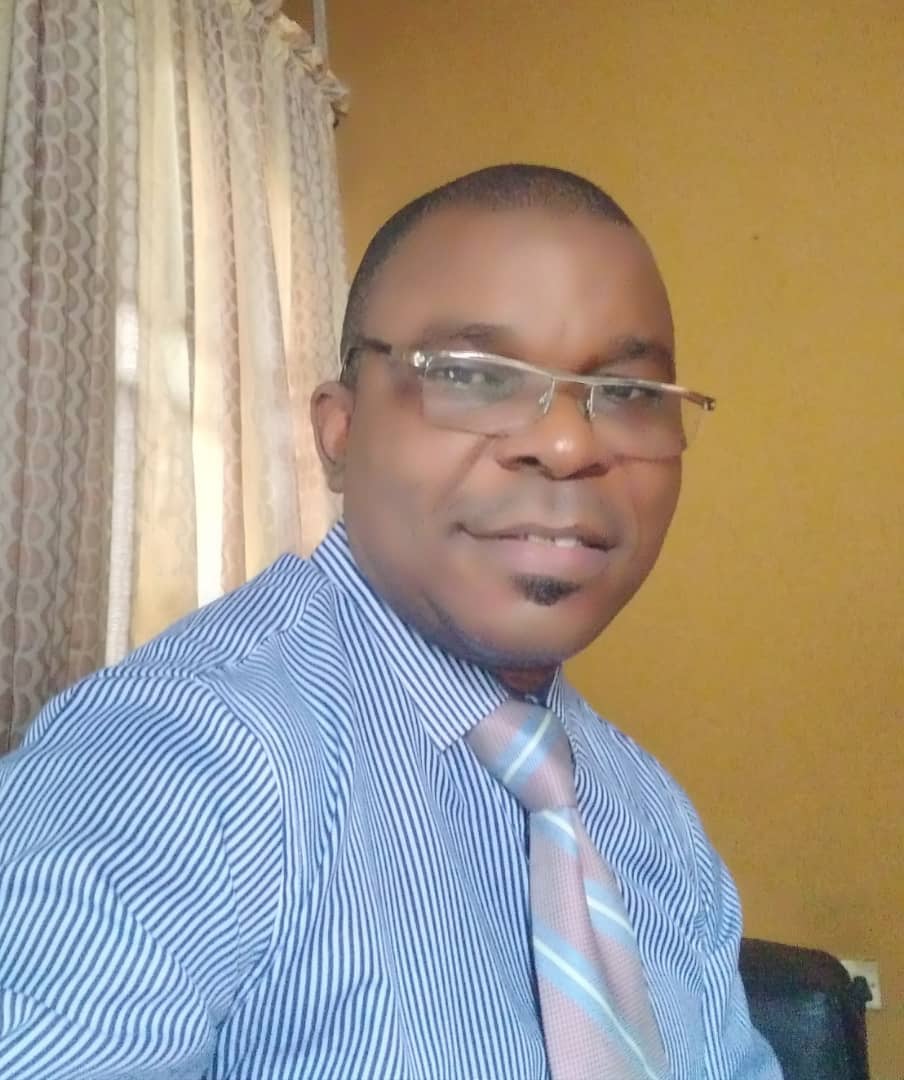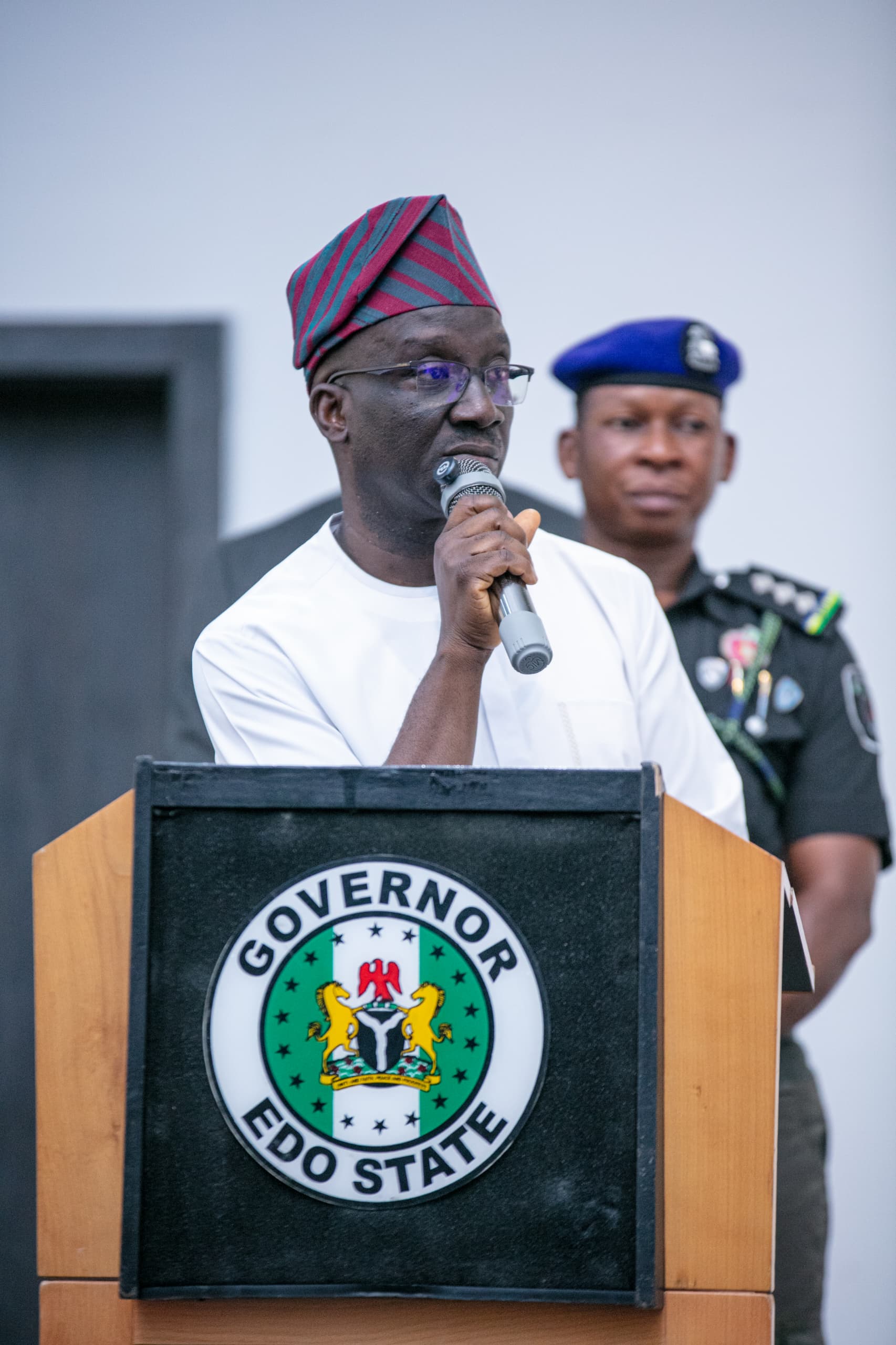By Dr. Promise Adiele
Identifying squalid conditions in any society consistently is a humanitarian job that deserves divine compensation. Such conditions could be in the corridors of power, public service, social interaction, or collective disorientation which impedes social growth and egalitarian order. Those of us on the left side of the spectrum are more patriotic than the clan of sycophantic, bootlicking, spittle-lapping praise singers who reincarnate Orwell’s Animal Farm servile character Boxer with the famous “Napoleon is always right” refrain even in the face of glaring deterioration in Nigeria. Some people conceive being patriotic as obdurate optimism, turning a blind eye to deplorable situations in the country. Such persons are unstable, dangerous, and unpatriotic. In my first essay of the year, I pay tribute to Abimbola Adelakun, Suyi Ayodele, Chidi Odinkalu, Festus Adedayo, and other columnists who continually identify putrefactions in the country, calling a spade a spade and not minding whose ox is gored. Posterity will be kind to them. Although the propaganda machinery of the ruling class is immaturely lubricated by misleading campaigns which present an all-is-well, perfect scenario to Nigerians, the truth is found on the streets, in the lives of ordinary people who continue to stew in the crucible of economic hardship and social dislocation.
The recent festive season has once again exposed Nigeria’s flourishing fake industries. Many drinks – wine, whisky, brandy, beer, fruit juice, and other edible items are fake, produced under unhygienic, substandard environments, and sold in the open market as genuine products. Most of the drinks and edible items are quite expensive but they are in the real sense fake, counterfeit versions. Unfortunately, many Nigerians consume these fake products with all the risks and health hazards they pose. Liver failure, organ failure, and other health issues are the inevitable corollary of these evil machinations by Nigerians for Nigerians. However, there is a body in Nigeria responsible for monitoring the distribution and sale of consumables in the open market. What is that body doing and why are they unable to perform their functions adequately? Disturbingly, some of these fake products are sold in high-class supermarkets at the same rate as genuine brands. Baby foods are also not left out. Medication products are almost all fake and sold in leading pharmacies across the country. Why are Nigeria’s fake manufacturing industries flourishing? Perhaps, fake, forgery, counterfeit, and sundry sham activities have become part of our culture so, they are unconsciously ingrained in our communal psychology.
There are also fake bags of rice, vegetable oil, canned foods, and many other adulterated edibles pushed into the market as genuine products. Many Nigerians have lost their lives or developed serious health issues from consuming these harmful products. Recently, a family was wiped out after eating a brand of rice. A young man was reported to have collapsed after drinking a fake bottle of wine. Some friends were also reported to have slumped and died after eating bread with a popular brand of canned fish product. It is sad. Indeed, it is difficult, almost impossible to aggregate all the tragedies across Nigeria resulting from the consumption of fake products. Yet, we live with the manufacturers and their places of operation are close to us too. NAFDAC seem not to exist anymore after the death of Dora Akunyili. Some of the fake products are imported. They pass through our borders with all the intelligence and efficiency of our customs department. Some people have argued that the average Nigerian customs officer is a billionaire. Perhaps, there is something we do not understand. But we surely understand that Nigeria’s fake, counterfeit industries are flourishing with willing facilitators giving a helping hand.
Nigeria’s fake and forgery culture also flourishes when politicians parade identities shrouded in mystery. In such cases, nothing about them is known for certain – not their background, educational qualifications, childhood, work experience or genealogy. It becomes more complicated when they claim to have participated in NYSC before it was established or attended some schools before the schools were established. It becomes messy when they parade multiple dates of birth on different documents or have different WAEC results with different details. It also becomes worrisome when they parade different university certificates issued by the same university or when places where they claim to have worked issue disclaimers that they did not work with them. Thus, forgery and counterfeiting attitudes may gradually become part of our national ethos. If we accept these conditions without a squawk, especially in a country where religion and pretentious holy milieu hold sway, then we would be enthroning a primal culture of fakery and forgery in the body politic. The harm inflicted on the country by forgery and counterfeiting of different kinds is enormous. To use the words of Oswald Mtshali in his poem Night Fall in Soweto “Nightfall comes like a dreaded disease seeping through the pores of a healthy body and ravaging it beyond repair”. Fakery and forgery in Nigeria share the same characteristics as Mtshali’s nightfall in apartheid South Africa. They have flourished in Nigeria because the people permissibly laid the foundation for it.
There are too many fake professionals in Nigeria – fake doctors, fake engineers, fake lecturers, fake bankers, fake soldiers, fake police officers, fake lawyers, fake judges, fake pastors, fake bishops, fake politicians, fake contractors, and fake business people. Late Afrobeat legend Fela Anikulapo Kuti reminds us in one of his songs that a doctor who behaves like a carpenter na kpako, meaning that the doctor is fake, counterfeit. Some bridges and buildings constructed by otherwise qualified engineers collapse in less than one month, killing many innocent people. The growth of Nigeria’s fake and forgery clan is at the heart of the country’s stunted growth because many unqualified people take positions they have no business occupying. The political and leadership classes thrive on patronage to the detriment of competence and expertise. I know of a certain fake governor who cannot string one correct simple sentence in standard English. He cannot even pronounce budget figures written on paper. I am talking about a governor in Nigeria in the 21st century. But of course, he will not be the first. It is our culture in Nigeria to have illiterate and semi-educated people preside over educated people. After all, a certain governor in the Second Republic boasted of how he would fire and water his state when he meant to explain how he would put electricity and pipe-borne water in his state.
There are also fake citizens in various capacities, those who prey on the innocence and gullibility of fellow Nigerians, extorting them in the process. There are fake spare parts dealers all over the place. They sell fake motor parts which fail on the highway, causing multiple deaths. There are fake housewives, fake husbands, fake brothers and sisters, fake neighbours, fake colleagues at work and sundry fake aspects of human occupation. The muse reminds me of fake prophets like Soyinka’s Brother Jero, those who deceive and mislead desperate people in search of miracles. For these sets of people, deception is their past-time.
Some people are experts in procuring fake travelling documents, visas and passports. They have ruined many lives through lies and dubiety. Many others can procure any type of fake document – name it and you have it. There are also experts in manufacturing fake election results which inaugurate incompetent people into elective positions. I remember the legendary Oluwole area of Lagos notorious for forgery and fake documents of all types. If today the government decides to embark on a certificate revalidation across the country, millions of people will lose their jobs or go to jail. But I doubt such concerns will bother the government right now for obvious reasons.
The flourishing fake industries in Nigeria should bother every person of good conscience. Forgery and fakery have become aspects of our national orientation, unfortunately. We cannot turn a blind eye to these issues and clap that all is well in our country. The government should, as a matter of responsibility and urgency, address all avenues of forgery and fakery because it pulls at the nerves of our moral canvass. Our value system is called to question if we continually permit forgery and fakery as growing despicable cultures in our country. Sometimes, Nigerians are aware of these forgery and fakery realities but they turn a blind eye because it either benefits them or their consciences are seared with hot templates to worry about such things. No country achieves greatness with flourishing fake and forgery industries. It will continue to permeate our consciousness and be accepted as values by which our society is accessed. Forgery and fakery are ultimately tragic.
Promise Adiele PhD
Mountain Top University
Promee01@yahoo.com
X:@drpee4




